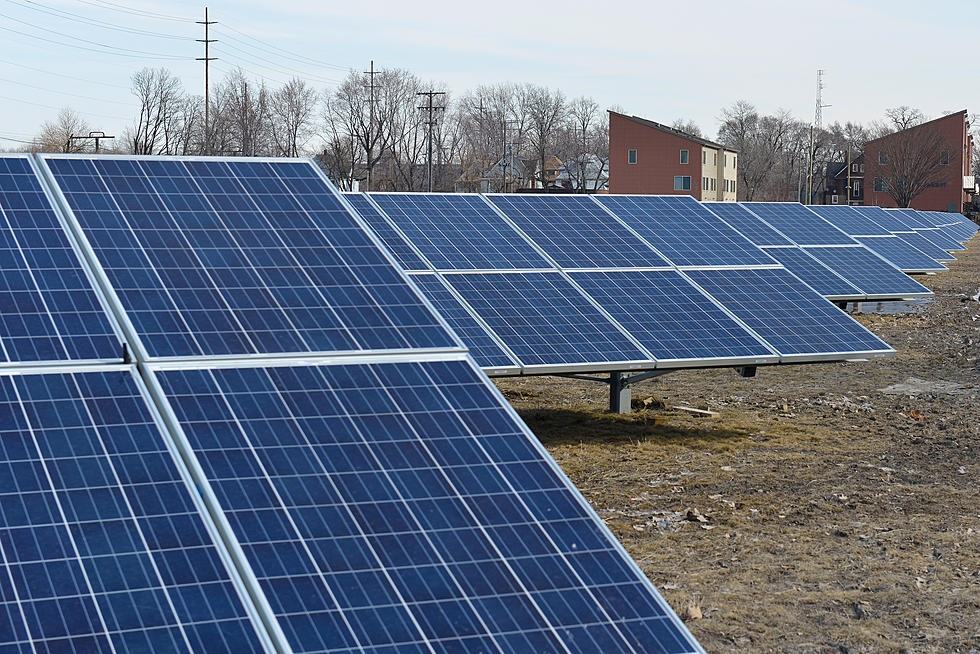
NASA’s Juno Spacecraft Prepares For Cosmic Date With Jupiter
LOS ANGELES (AP) — A solar-powered spacecraft is spinning toward Jupiter for a close encounter with the biggest planet in our solar system.
NASA's Juno spacecraft fires its rocket engine late Monday to slow itself down from a speed of 150,000 mph (250,000 kph) and slip into orbit around Jupiter.
Juno was put on autopilot days ago, so the critical move comes without any help from ground controllers. The spacecraft's camera and other instruments were also turned off for the arrival so there won't be any pictures at the moment Juno reaches its destination.
Scientists have promised close-up views of Jupiter's poles, clouds and auroras during the 20-month, $1.1 billion mission.
Juno is only the second mission designed to spend time at Jupiter. Galileo, which launched in 1989, circled Jupiter for 14 years.
More From WIBX 950





![Town Of Floyd Goes Green [VIDEO]](http://townsquare.media/site/41/files/2014/07/Floyd.jpg?w=980&q=75)



